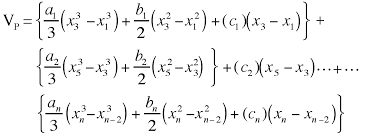记忆方法
将“equation”分解为“equ”和“ation”。记住“equ”与平衡或相等有关,而“-ation”常表示某种状态或过程。结合这两个部分,想象一个平衡的状态或条件,就像一个方程式表达了两个平衡的量,因此“equation”可以记忆为“平衡状态或相等条件的表现”。
以上内容由AI生成, 仅供参考和借鉴
中文词源
equation 等式
来自equal, 平等的。用作数学名词。
英语词源
- equation (n.)
- late 14c., a term in astrology (from French équation, 14c.); general sense of "action of making equal" is from 1650s, from Latin aequationem (nominative aequatio) "an equal distribution, a sharing in common," noun of state from past participle stem of aequare (see equal (adj.)). Mathematical sense is from 1560s, on notion of equalizing the expressions; Chemistry sense is from 1807.
权威例句
- 1. The party fears the equation between higher spending and higher taxes.
- 该党担心难以平衡更多支出和更高税率之间的综合关系。
- 2. This figure is reached by a fiendishly clever equation.
- 这个数字是通过一个精妙的方程式计算出来的。
- 3. We can express that equation like that.
- 我们可以这样表示那个等式。
- 4. The equation is simple: research breeds new products.
- 情况很简单:研究产生新产品。
- 5. The equation of wealth with happiness can be dangerous.
- 把财富与幸福等同起来可能是危险的。
